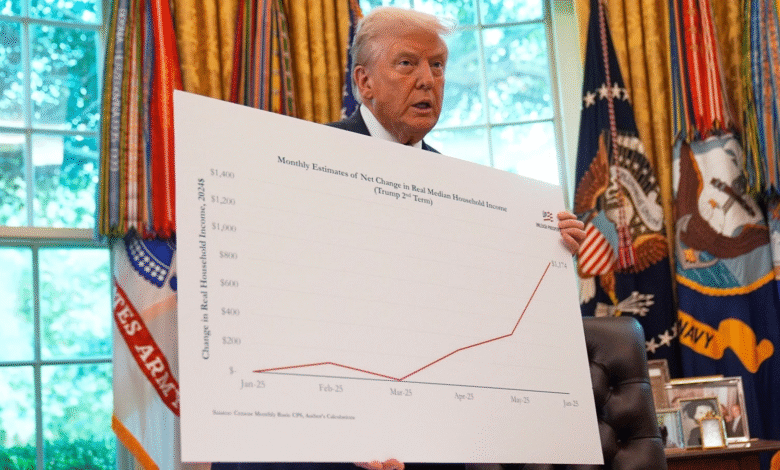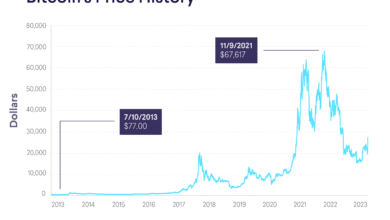Trump Tariff Deals: Insights on Trade Stability Ahead

Trump tariff deals have played a pivotal role in shaping the economic landscape of the United States, particularly as the administration navigates complicated international trade relations. Imposed higher tariffs on imports have led to a flurry of trade agreements aimed at stabilizing trade policy, even as concerns loom about their long-term effectiveness. Investors are caught between a wave of optimism about trade stability and the uncertainty surrounding the economic impact of tariffs. The consequential shifts in U.S. tariffs have raised questions regarding their implications for global trade dynamics, prompting debates on the real promise of these contracts. Whether these tariff deals will genuinely foster trade stability or lead to further turmoil remains a hot topic among economists and policymakers alike in today’s complex trading environment.
The recent actions under President Trump’s administration concerning import duties have sparked considerable debate among economists and trade experts. These trade policies, often characterized by increased tariffs and ambitious agreements, have caused a ripple effect in the international market. While some stakeholders believe that these efforts will secure better trade deals and economic benefits, the skepticism surrounding them raises critical questions about their sustainability. Trade negotiations, notably those aimed at enhancing U.S. economic interests, are under scrutiny as experts analyze the potential repercussions on global commerce. In this context, the balance of trade relations hinges on the implementation and success of these tariff moves, making it essential to assess their broader implications.
Recent Developments in Trump’s Tariff Deals
In recent months, the White House has actively engaged in negotiating and signing new trade agreements as part of President Trump’s broader economic strategy, which prominently features significant tariffs on imported goods. Following a series of tariff increases that began in early April, these trade agreements were heralded as a potential path towards restoring some level of trade stability. However, analysts remain skeptical, arguing that the foundation of these agreements is shaky at best. While the immediate aftermath of the tariff hikes saw a rebound in stock markets, concerns linger regarding the long-term feasibility of these deals and their ability to truly stabilize U.S. tariffs in the evolving landscape of international trade relations.
Despite the optimistic narrative pushed by some investors, the intricate web of high tariffs and contentious trade negotiations suggests that a return to predictable trade operations might be far off. For instance, although the tariffs imposed often serve as a bargaining chip, their actual economic impact could prove detrimental. The ongoing vessel of disputes between the U.S. and traditional allies complicates the landscape, meaning that even finalized agreements might be fluid and subject to abrupt changes, reflecting an economy still significantly impacted by tariff policies.
Frequently Asked Questions
What are Trump tariff deals and how do they affect international trade relations?
Trump tariff deals refer to the various trade agreements and tariffs imposed by President Donald Trump, significantly altering U.S. tariffs on imports since early 2025. These deals have impacted international trade relations by creating tensions with major trading partners and prompting negotiations to circumvent tariffs. The economic implications of these tariffs are still unfolding as countries adjust to the new trade framework.
How do Trump tariff deals influence trade stability?
Trump tariff deals have created a complicated landscape for trade stability. While some believed that these agreements would lead to more stable trade policies, experts caution that ongoing legal challenges and inconsistent terms hinder true stability. Many trading partners are reassessing their commitments, leading to uncertainties in international trade agreements.
What is the economic impact of tariffs imposed under Trump tariff deals?
The economic impact of tariffs imposed under Trump tariff deals could be significant, with projections suggesting a potential 1% contraction in gross domestic product (GDP). While the stock market may reflect short-term optimism, analysts warn that sectors heavily affected by these tariffs could face longer-term challenges, influencing overall economic performance.
What are the legal challenges surrounding Trump tariff deals?
Legal challenges surrounding Trump tariff deals stem from questions about the president’s authority to impose tariffs under the International Emergency Economic Powers Act (IEEPA). A federal appeals court has expressed skepticism about the legality of these tariffs, with experts predicting that if challenged successfully, the tariffs could become nullified, destabilizing the ongoing trade agreements.
Which countries are most affected by Trump tariff deals?
Countries heavily affected by Trump tariff deals include traditional trading partners like China, Canada, and the European Union. Recent disruptions due to tariffs have prompted these nations to seek negotiations and adjustments, although the outcomes remain uncertain as agreements often differ in interpretation between U.S. officials and their foreign counterparts.
| Key Points | Details |
|---|---|
| Recent Trade Deals | Trump has signed several trade deals following the imposition of higher tariffs, yet uncertainty remains. |
| Mixed Investor Sentiment | Investors have recovered losses from the initial impact of tariffs but are uncertain about trade stability going forward. |
| Legal Challenges | Trump’s tariff policies face legal scrutiny, with potential rulings that could nullify existing deals. |
| Unsettled Agreements | Details of trade agreements with several countries remain vague, risking potential collapses. |
| Market Reactions | Despite tariffs, stock markets have surged, indicating a possible disconnect between market sentiment and economic reality. |
Summary
Trump tariff deals are a subject of significant concern among investors and analysts alike. While several trade agreements have been established, the overarching sentiment indicates that stability in trade may not follow these deals due to ongoing legal disputes, vague agreements, and the unpredictable nature of the President. Concerns about the economic impact of tariffs on growth remain, suggesting that while markets may be optimistic, the fundamental challenges are far from resolved.




